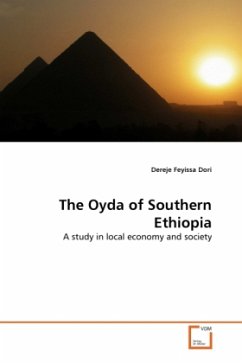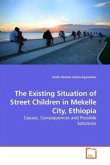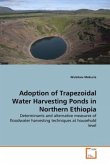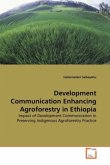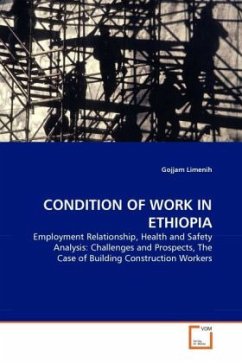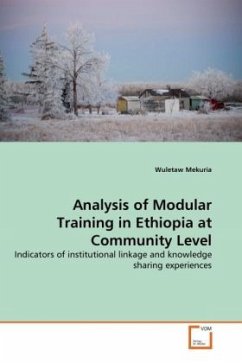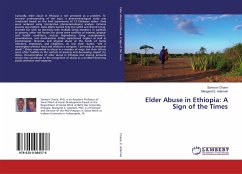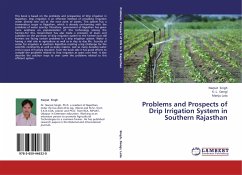The book addresses two kinds of rural inequalities among Oyda society in southern Ethiopia: existing and emerging inequalities within the farming community, and the unequal relation between the dominant farming community and the artisans. The inequalities within the farming community are open-ended wherein individuals could improve their socio-economic condition either through hard work or manipulation of the social network while ensuring access to resources. Difficult as it is, therefore, social mobility is still possible for the farmers. In the second category, on the other hand, the unequal socio-economic exchange between the farmer and the artisans involves ascribed deprivation. Specifically, the book investigates the ideological bases of differentiation between the farming and artisan communities. It is argued that at the heart of the myth-making and denigration of the artisans lays a discursive negation of power which the artisans wield, and upon which the farming communitydepends and without which biological and economic reproduction is impossible.
Bitte wählen Sie Ihr Anliegen aus.
Rechnungen
Retourenschein anfordern
Bestellstatus
Storno

